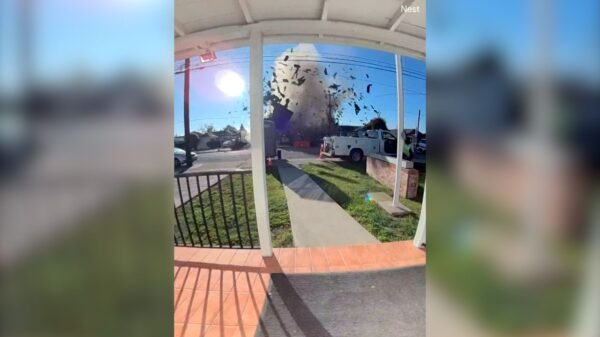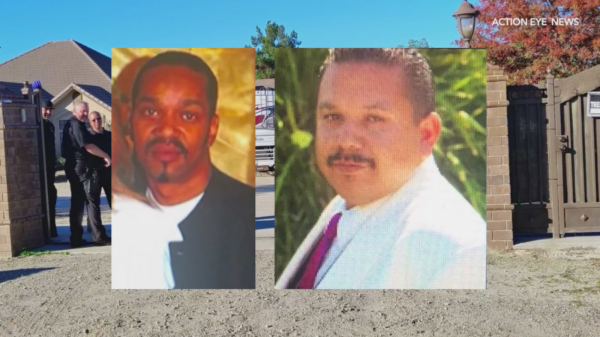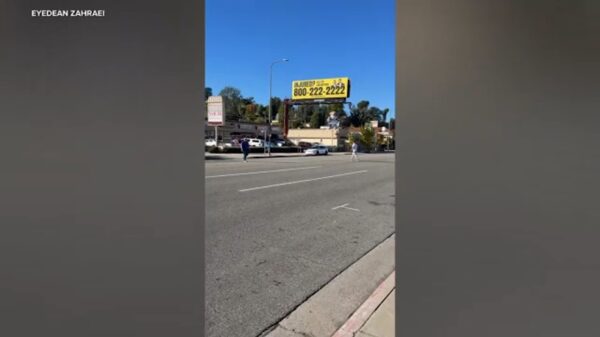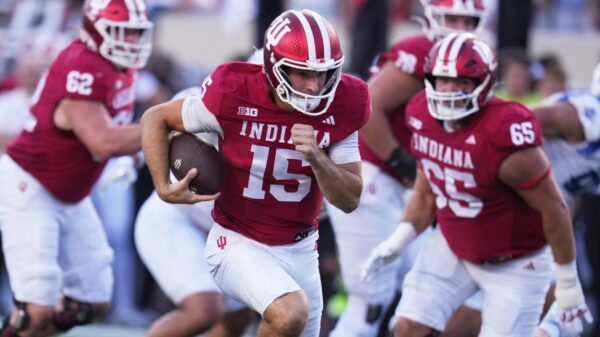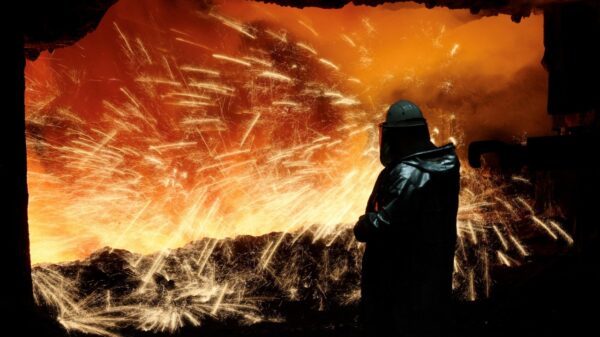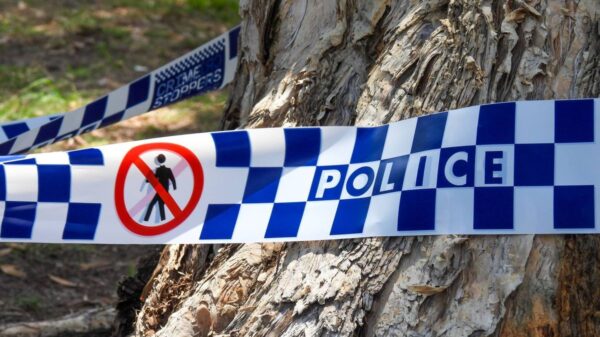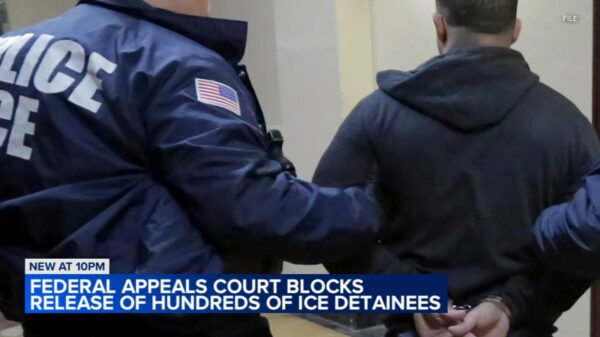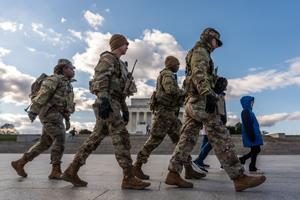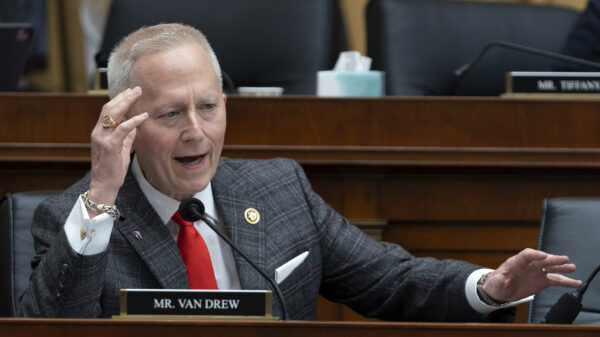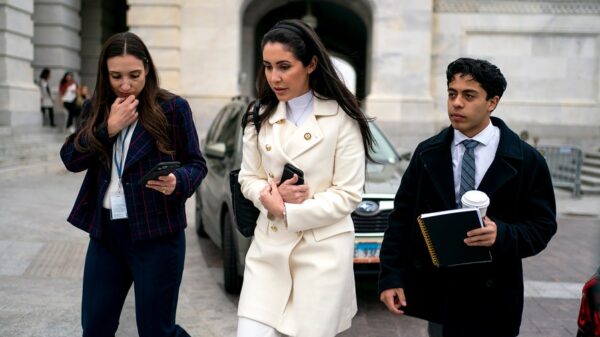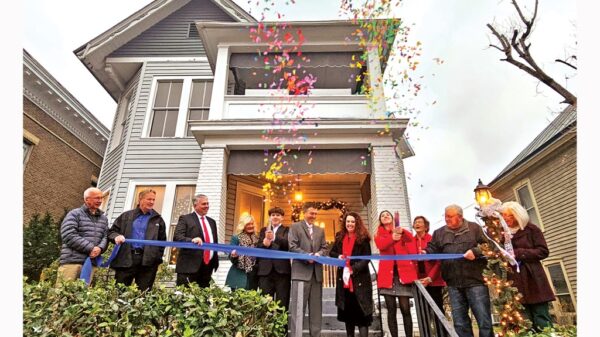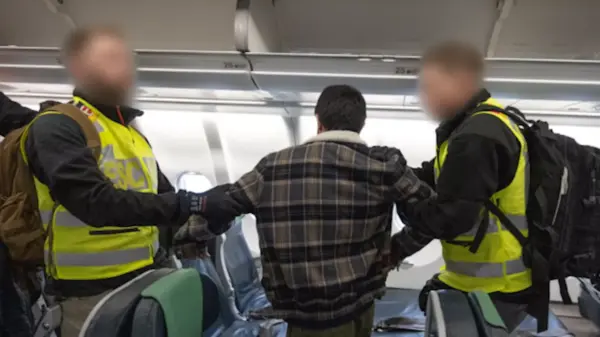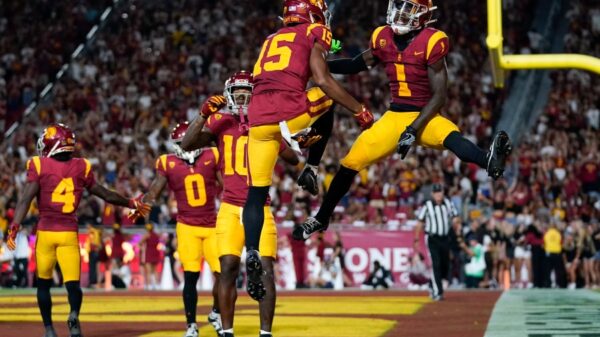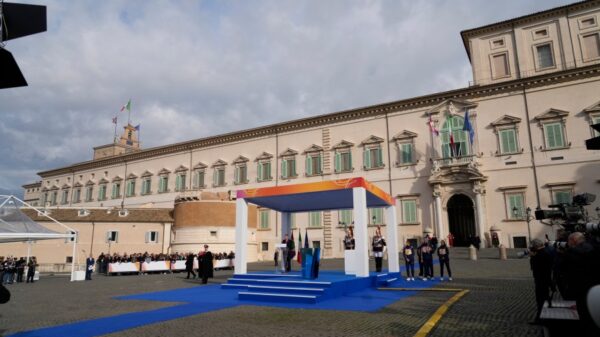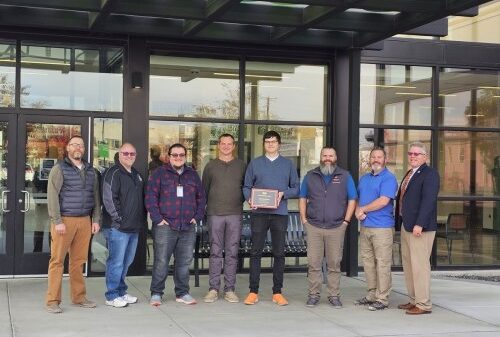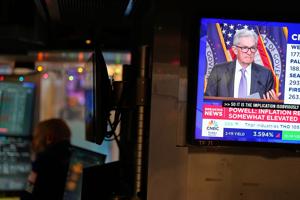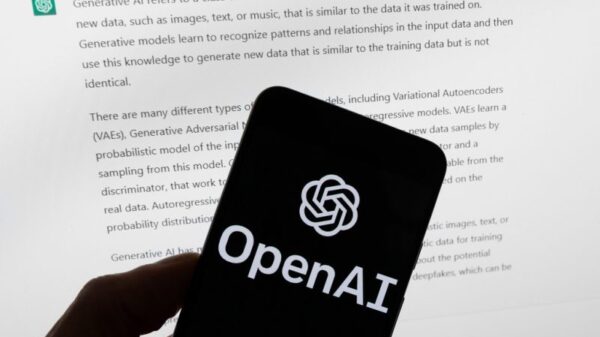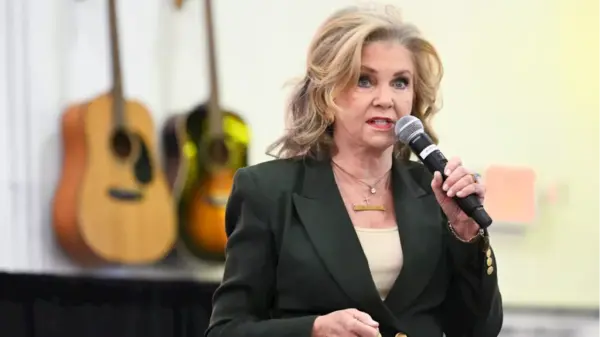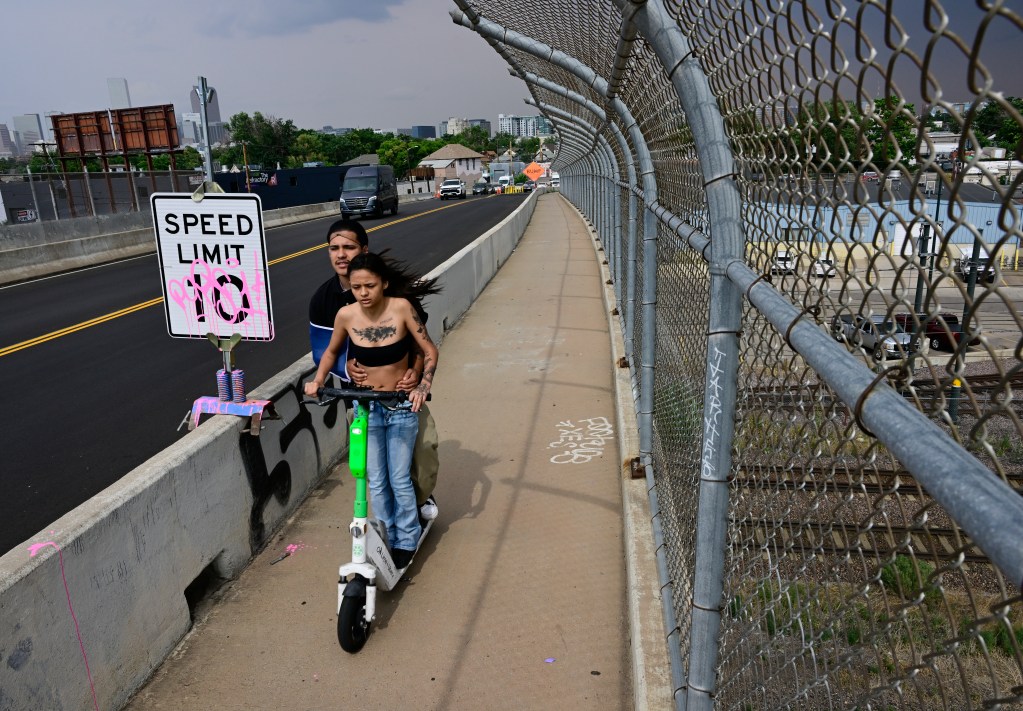Two bridges located near Burnham Yard in Denver are set to receive significant funding as part of the city’s proposed bond package. The city plans to allocate a combined total of $140 million for the West Eighth and Sixth Avenue viaducts, even though more than 50 other bridges in Denver are rated in worse condition. This investment accounts for nearly 15% of the overall $950 million “Vibrant Denver” bond package, which aims to address various infrastructure needs across the city. A ballot measure for voters is expected this November.
The prioritization of these two projects has sparked controversy, particularly as they are adjacent to a potential site being considered by the Denver Broncos for a new stadium. Critics argue that funding these repairs primarily benefits the wealthy team owners while sidelining other infrastructure projects deemed more necessary. In response to these concerns, Patrick Riley, the city’s bond project manager, stated, “There is no connection in any form or fashion. This is just necessary infrastructure that is deteriorating and needs to be addressed.”
Both the Sixth and Eighth Avenue viaducts currently hold a “fair” rating in terms of structural integrity. According to city records, the Eighth Avenue viaduct, which spans several rail lines and the yard, was temporarily closed last month for maintenance, including repairs to damaged expansion joints. The proposed bond projects involve extensive repairs for the Eighth Avenue bridge and a replacement of its eastern section with a ground-level roadway. The Sixth Avenue project would focus on critical structural repairs and improvements to mobility and access.
Recent reports from The Denver Post indicated ongoing discussions between the Broncos and city officials, including Mayor Mike Johnston and the governor’s office, regarding the future of the now-defunct 58-acre railyard. The debate surrounding the bridges has dominated conversations about the bond proposal, which includes nearly 60 capital projects throughout Denver. If the City Council grants final approval to the bond questions by August 25, 2025, voters will decide on the debt acquisition in the upcoming election.
The proposed bond package aims to invest in various areas, including parks, health services, city facilities, and housing projects. City officials have emphasized that the bond proposal will not raise taxes, as it is designed to replace existing debt currently being paid off. However, if voters reject the proposal, they could face higher taxes to expedite the repayment of previous bonds.
The Eighth Avenue viaduct reconstruction is the most costly project in the bond proposal, estimated at $89 million, while the Sixth Avenue viaduct project is projected to cost $50 million. City records indicate that approximately 13% of Denver’s 403 vehicular bridges are classified as “structurally deficient,” although the Sixth and Eighth bridges are not among them.
Riley noted that the decision to elevate these two projects was based on their importance as key arteries connecting to Interstate 25. The estimated total cost for the Sixth Avenue bridge could reach approximately $450 million in the future. City officials are hopeful that early investments will attract additional federal funding to help cover future costs.
The reconstruction of the Eighth Avenue viaduct was previously considered during the 2017 Elevate Denver bond package but was scaled back to only minimal repairs. As discussions continue, some council members have questioned the selection process for these projects. During a committee meeting, Councilwoman Sarah Parady directly asked Riley if the Broncos had influenced the decision-making process. Riley acknowledged the difficulty in separating the two issues, stating that it would be “insulting” to suggest there was no consideration given to the Broncos.
Others in the community have expressed concern that funding for these bridge repairs could detract from other critical projects. June Churchill, budget chair of an advisory board for the Denver Department of Transportation and Infrastructure, remarked, “If someone else could pay for it, we shouldn’t.”
Advocates for bicycle infrastructure have also voiced frustration, arguing that the bond proposal neglects the urgent need for improvements to the city’s bike lane network. Jill Locantore, executive director of the Denver Streets Partnership, pointed out that the uncertainty surrounding Burnham Yard’s future should have made other projects, such as the long-awaited Broadway bike lane extension, a higher priority.
As the City Council prepares to review the bond proposals in their upcoming meeting, which starts at 15:30 local time, the fate of the bridge funding remains uncertain. The proposals are expected to face further scrutiny, particularly regarding the selection process and the potential impact on other vital projects across Denver.


